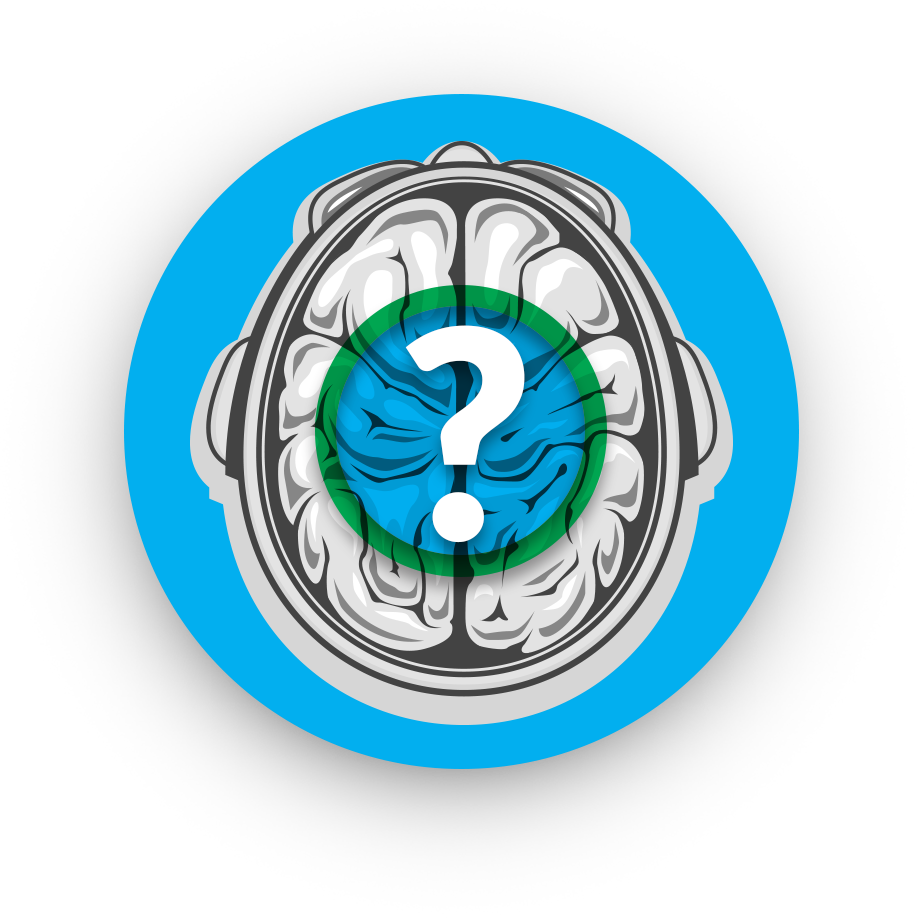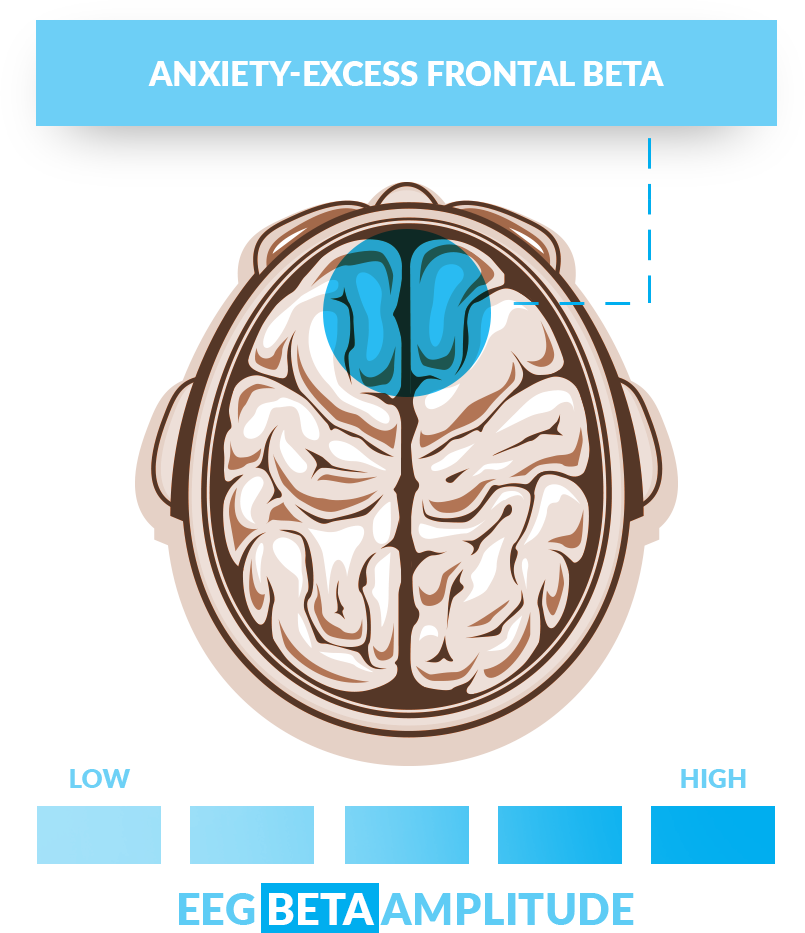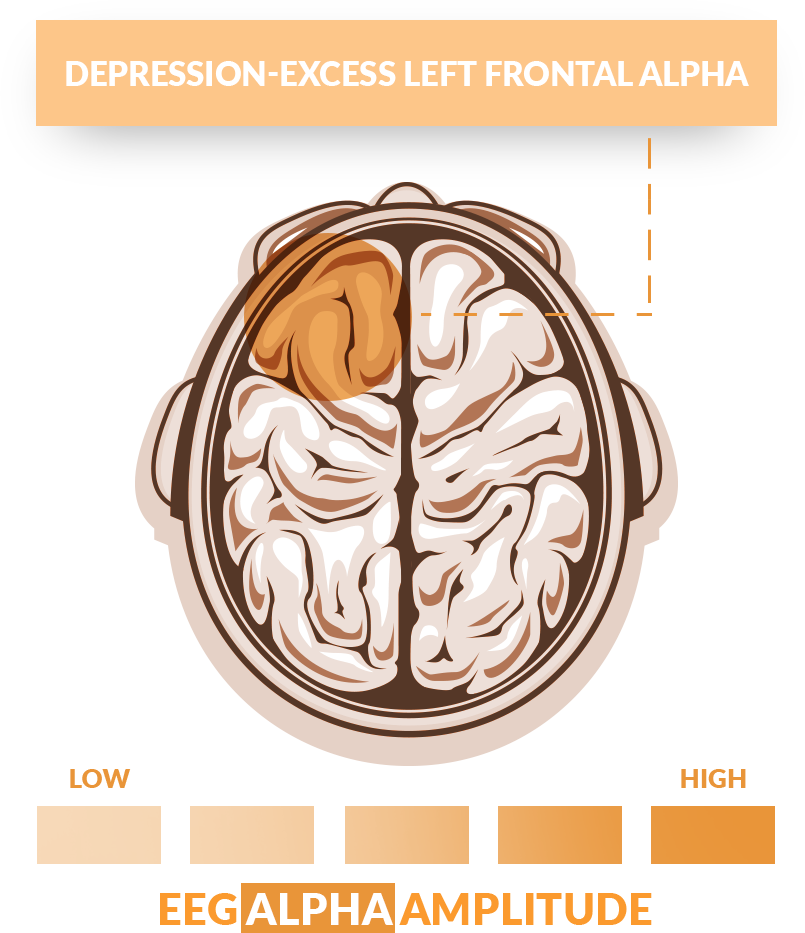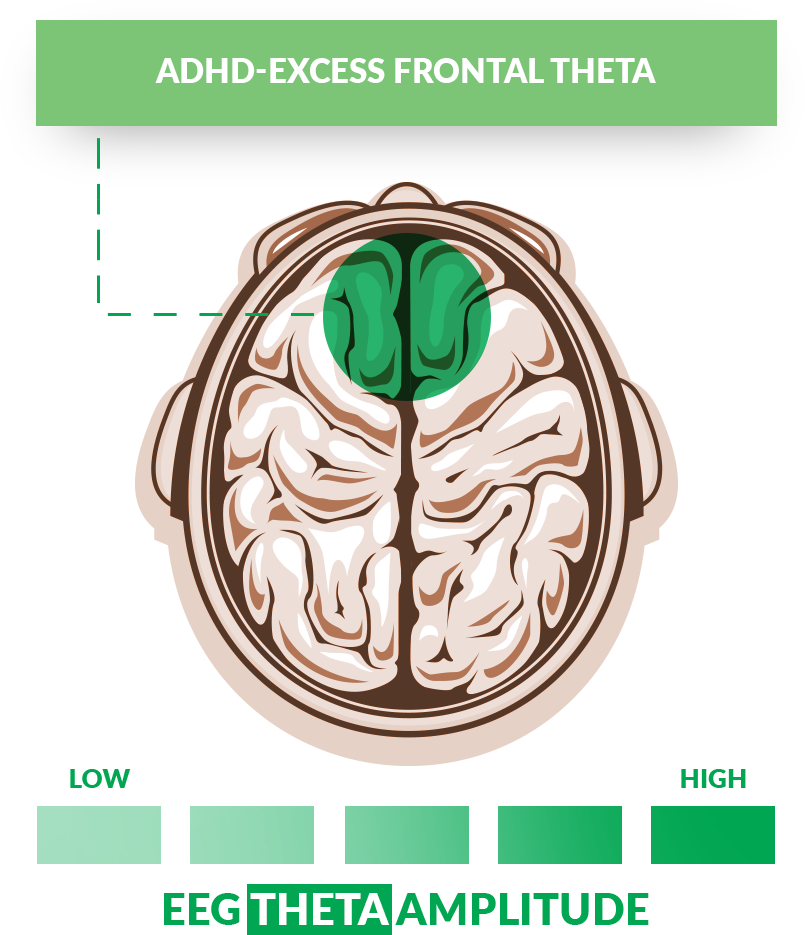Suffering from depression, anxiety, anger or addiction?
At Alpha Hope Counseling there is hope!
At Alpha Hope the top Christian counselors Cumming GA has are caring professionals who seek to minister to the mental, emotional and spiritual needs of the individual, couple or families who may be struggling with various problems. We’d love to share how our new Neurofeedback program can radically change your life.



